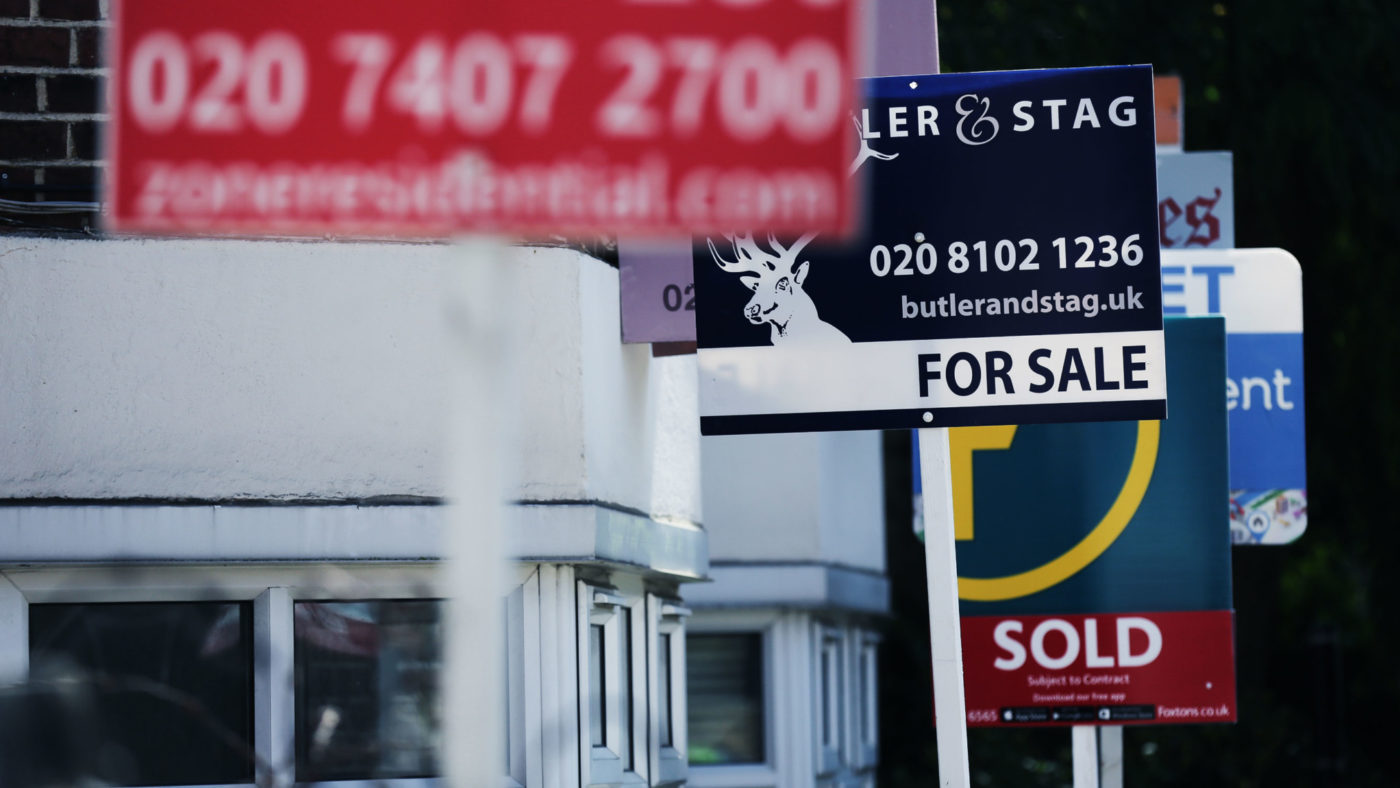Theresa May’s stamp duty reforms were great for first-time buyers – unless you live in London or the South East.
In June 2018 my fiancée and I made arguably the biggest decision of our lives, to purchase our first property together, a beautiful two-bedroom flat in Hertfordshire.
We were delighted by the Government’s announcement in November 2017 that stamp duty was to be cut for first-time buyers like ourselves – until we read the fine print.
Whilst it was true that first-time buyers buying properties worth less than £300,000 would not have to pay stamp duty, a flat like ours worth between £300,000 and £500,000 would still need to pay some tax on the value above £300,000. Fortunately for us, the property developer eventually agreed to pay the stamp duty on our behalf. Had this not happened, I would likely not own my property today.
Ours is a common story, especially amongst first-time buyers in London and the South East of England, where home ownership is becoming ever more unattainable. The average price of a property in the UK was £234,853 as of August 2019. In London and the South East, it is substantially higher at £472,753 and £326,232 respectively.
Theresa May’s stamp duty policy was certainly a step in the right direction that will make home ownership more attainable for some. However, the £300,000 threshold means that many of those buying in London or the South East still face a hefty tax bill on top of their deposits, mortgage fees, solicitor fees and other costs associated with buying a home. The cumulative effect of all those add-ons can be enough to stop some people getting their first foot on the housing ladder.
A new report this week from the Centre for Policy Studies, authored by Alex Morton, Head of Policy at the CPS and a former housing advisor to David Cameron, argues that the Government should entirely cut stamp duty on properties less than £500,000. It’s a proposal that would really help first-time buyers in London and the South East, making home ownership a more attainable goal for buyers in those regions.
This proposed reform package would exclude 90% of homes across the UK from stamp duty completely, alleviating the financial burden of the tax not only for many first-time buyers but for all buyers of properties priced below £500,000. As Alex’s report makes clear, it would also drastically increase the number of housing transactions and spur significant new housebuilding
Nearly two years on from May’s announcement in 2017, Boris Johnson and his Government are once again taking a look at stamp duty reforms ahead of December’s general election – a sensible vote-winning decision given that it is the second most unpopular tax after inheritance tax. They would be wise to consider proposals such as those from the CPS.
CapX depends on the generosity of its readers. If you value what we do, please consider making a donation.


